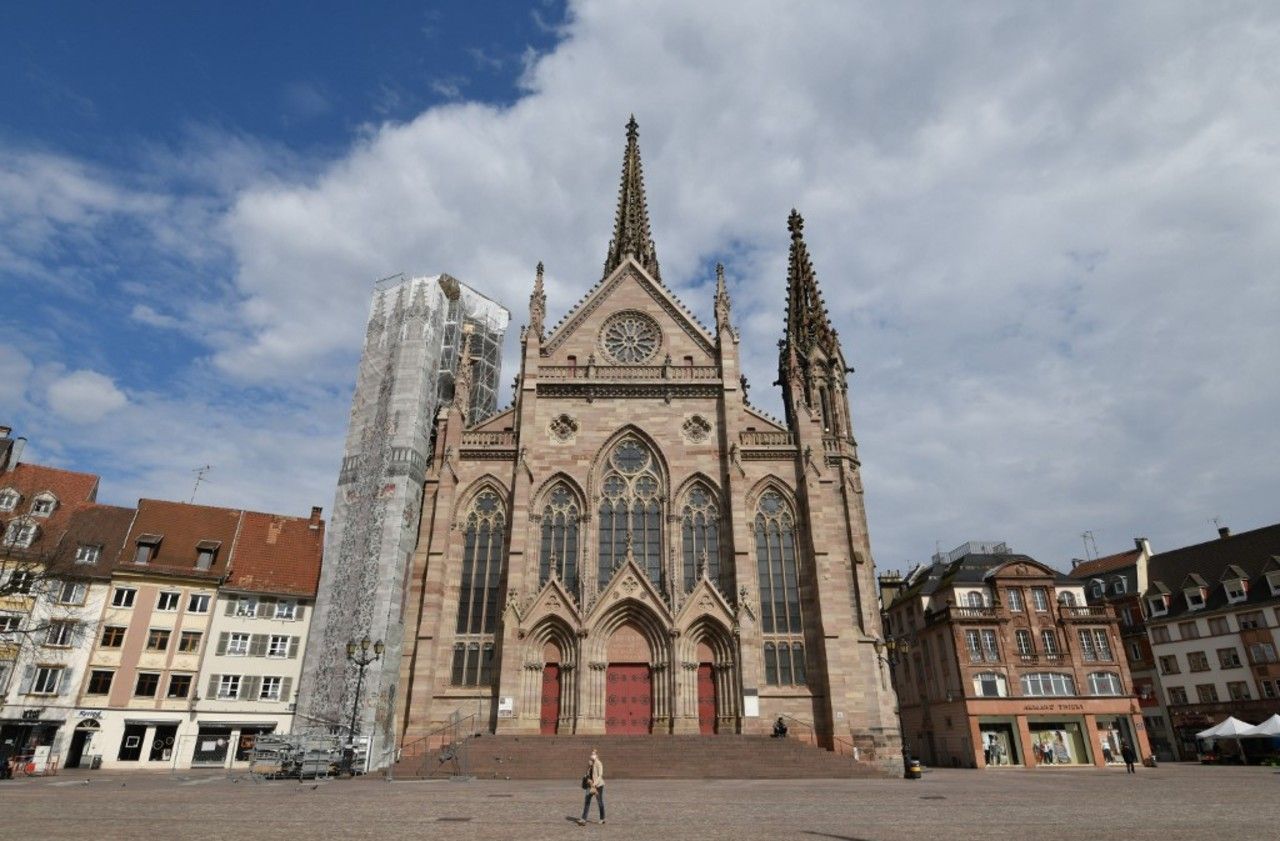Ditch everything for a new life?
Many have thought about it during the first confinement and, if it has not yet been achieved, the idea remains in mind for some during this second.
“Significantly, we have seen job searches evolve, with people who want to change town,” explains Marko Vujasinovic, president of Cleverconnect, Meteojob's parent company.
With the Best Rate broker, the job search site has drawn up the list of cities where it is good to live and work.
Le Parisien reveals it in preview.
Better rate and Meteojob have thus tried to determine the most interesting cities when everything is left - housing and work - or when you start from scratch.
They analyzed the price of real estate in relation to the median salary of the city to derive a "real estate purchasing power" (the number of m2 that can be bought by borrowing), as well as professional opportunities. in mid-October based on the number of CDI offers.
"Again the revenge of medium-sized towns"
With 0.84 job vacancies per 100 inhabitants and one m2 at 1,845 euros (allowing a median buyer to afford 85 m2), Mulhouse (Haut-Rhin) stands at the top of this ranking.
Behind, Aix-en-Provence (Bouches-du-Rhône) is full of job offers (1.35 permanent contracts per 100 inhabitants), but offers relatively low real estate purchasing power (34 m2) due to the high price per m2 (4145 euros).
Same situation in Lille (North), with a little more than one CDI offer per 100 inhabitants, where a buyer can buy 43 m2.
"It is still the revenge of medium-sized towns or large medium-sized towns against metropolises," explains Maël Bernier, spokesperson for Meilleur Rate.
And to cite examples: "We have Rouen (Seine-Maritime), Saint-Etienne (Loire) or Orléans (Loiret) which offer attractive housing and employment conditions and towards which people are already moving who want to leave. big cities!
"
For Marko Vujasinovic, the results of the study prove the end of the concentration of everything in one place.
"We followed a period of fifty years of population concentration in very large cities with people in small, small dwellings," he recalls.
This model is now called into question.
"Today there are young people who do not want to work in Paris, we have companies that are setting up elsewhere, in the provinces, and who are recruiting there," explains Maël Bernier.
Marseille at the bottom of the ranking
Without ever more opportunities, the big cities also suffer from the high price of real estate.
So, in Paris, although wages are higher, a median worker can only afford 15 m2.
And some cities combine high prices with rare opportunities.
Thus, Montpellier (Hérault) has 0.26 CDI supply per 100 inhabitants and a median worker can buy only 38 m2 there.
Marseille (Bouches-du-Rhône), last in this ranking, has only 0.23 permanent contracts for 100 inhabitants, and offers only 43 m2 ...
So the math to be done may lie elsewhere: work in a big city, where wages are higher, and live in an average city, where prices are lower.
"It is the most profitable financially and some are already doing it", confirms Maël Bernier.
But it is still necessary to be able to do it.
Perhaps this will be played out with teleworking, if it becomes general after the Covid-19.

